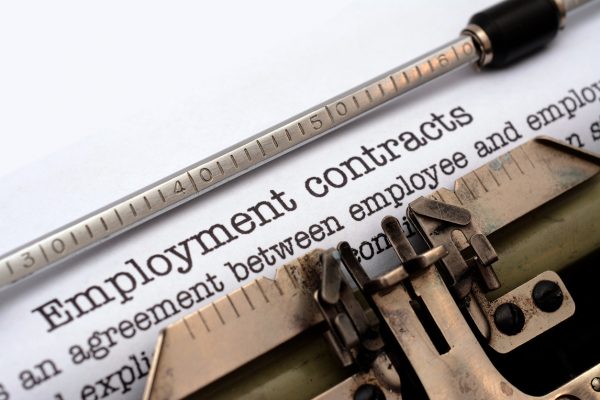Employment Offers & The Candidate Experience
Shawnee Love • May 31, 2018
When you get to the offer stage with a candidate, here is another chance to make a good impression. Candidates will not only be evaluating your offer for what’s in it for them to join your company, they will also be considering whether your offer is consistent in style and tone with the rest of their candidate experience.
It’s an often overlooked chance to showcase the company culture and one that I encourage you to take advantage of.
An Offer Which Fits
Creating an offer that fits your company culture and at the same time covers all the bases is part art and part science.
The science is ensuring the pertinent details are articulated such that the successful candidate will be able to easily understand what they get and what to expect if they join your company. The art is in ensuring that content is articulated in a way that reflects your workplace and puts its best foot forward.
Generally, you want to be friendly and welcoming. A warm offer letter will be a refreshing change from the cryptic, legalese agreements that candidates often receive. Even if you need a legal binding contract, increasingly the employment lawyers I work with balance practical language (aka layperson’s terms) with the critical legalese which is necessary for the agreement to be worth the paper its written on.
When candidates understand the terms offered, they feel better about saying yes which is what we are trying to accomplish with a good candidate experience.
The Value of a Good Author
When it comes to writing an offer document which enhances the candidate experience, pay attention to who does your agreement or offer.
Your strategic HR adviser has the expertise to write an offer letter which will set clear expectations for candidates and therefore prevent misunderstandings and protect the interests of the organization. If your HR does a good job, the offer letter should reduce the need to rely on lawyers for resolving court cases.
However, if you want an agreement to stand up in court (i.e., be legally binding), that requires the qualifications of a good employment lawyer. Don’t make the mistake of letting your in-house or outsourced HR or a general business lawyer to write your key employment agreement because they often don’t know what they don’t know. And that unconscious incompetence can cost you big money if it ever ends up in court.





